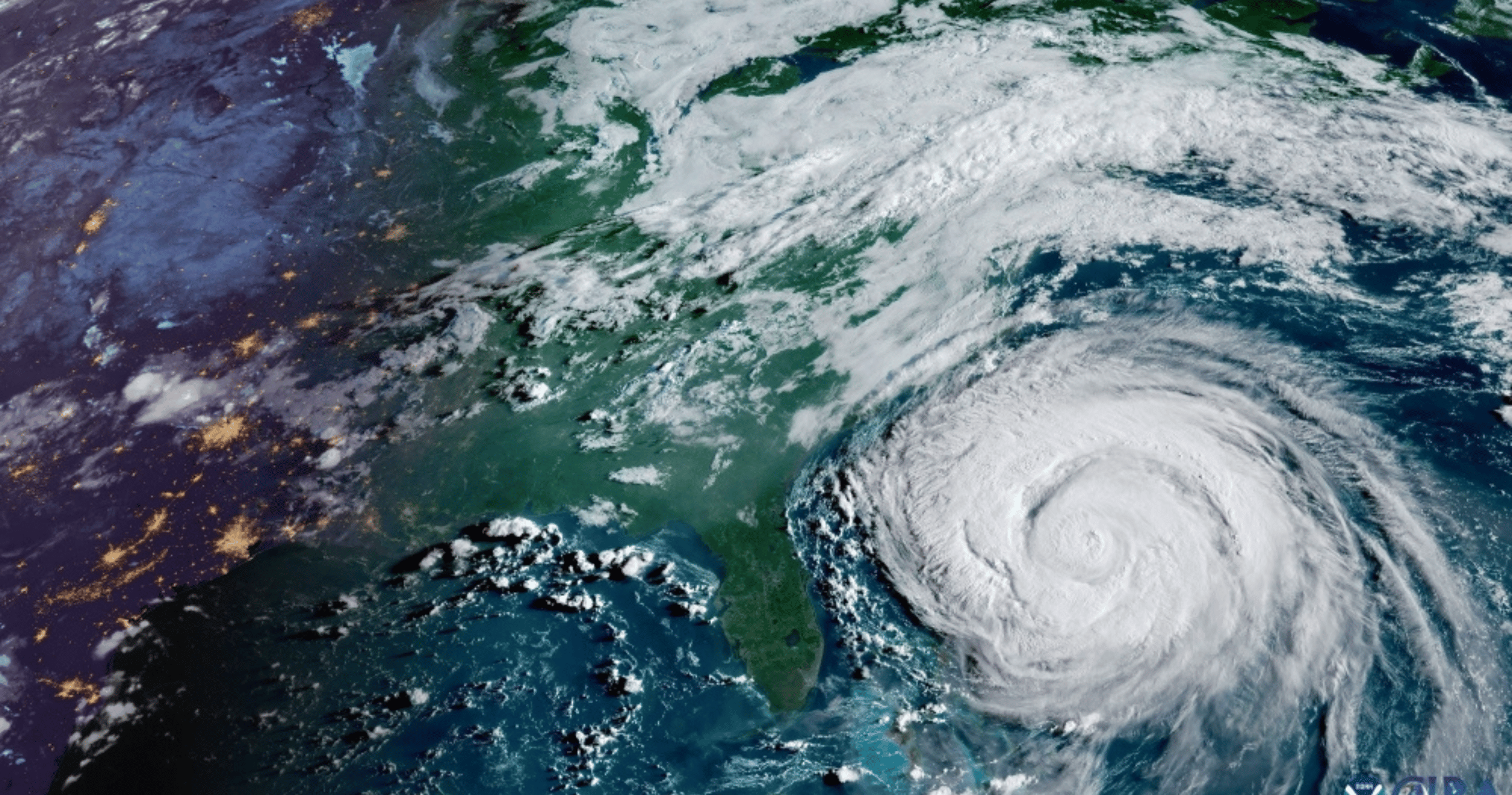TOKYO, Jan 22 — Japan has halted the restart of the world’s largest nuclear power plant just hours after it began, though the reactor remains “stable,” the operator said.
WASHINGTON, Aug 21 — Hurricane Erin closed in on North Carolina’s coast yesterday, bringing the threat of dangerous waves and flooding as the strengthening Category 2 storm prompted mandatory evacuations despite tracking offshore.
Still recovering from the devastation of last year’s Hurricane Helene, the state declared an emergency Tuesday as Erin’s impacts were expected from Wednesday evening through Thursday.
“Based on the latest forecast, we anticipate coastal flooding from massive waves, tropical storm-force winds, and storm surge along much of the shoreline, especially the Outer Banks, from tonight into Thursday,” Governor Josh Stein told reporters.
By Wednesday afternoon, Erin was moving north about 300 miles southeast of North Carolina with sustained winds near 110 mph (175 kph), according to the National Hurricane Center. Forecasters said it could still regain strength and become a major hurricane.
Due to its enormous size, Erin’s tropical storm-force winds extend hundreds of miles from its center. Hurricane expert Michael Lowry dubbed it “Enormous Erin,” noting in a Substack post that the US was fortunate to avoid a direct strike. He added that Erin’s central pressure of roughly 940 millibars — “remarkably low” — was a more telling measure of its power than wind speed alone.
Mandatory evacuations were ordered for Ocracoke and Hatteras Islands, while tropical storm warnings stretched from North Carolina into Virginia.
Governor Stein urged residents to stockpile at least five days’ worth of food, water, and essential supplies, and to protect critical documents such as insurance papers.
“We’ve already positioned three swift-water rescue teams and 200 National Guard troops along the coast, supported by boats, high-clearance vehicles, and aircraft,” he said.
Highway 12, the main road through the Outer Banks — a fragile chain of barrier islands already vulnerable to erosion and rising seas — could be cut off by waves reaching up to 20 feet (six meters).
Helene caused an estimated US$60 billion in damage last year, nearly equivalent to two years of North Carolina’s state budget, Stein noted. He also criticized what he called insufficient federal relief under then-president Donald Trump, who has floated dismantling the Federal Emergency Management Agency — long targeted by conspiracy theorists on the political right.
Beyond North Carolina, much of the US East Coast faces the risk of dangerous rip currents driven by Erin’s vast circulation.
The Atlantic hurricane season, which runs June 1 to November 30, has now entered its peak. Despite only four named storms so far, the National Oceanic and Atmospheric Administration still expects above-average activity.
Scientists warn that climate change is intensifying tropical cyclones: warmer seas fuel stronger winds, a hotter atmosphere boosts rainfall, and rising seas amplify storm surge. There is also growing, though less conclusive, evidence that warming may be increasing the frequency of hurricanes. — AFP






